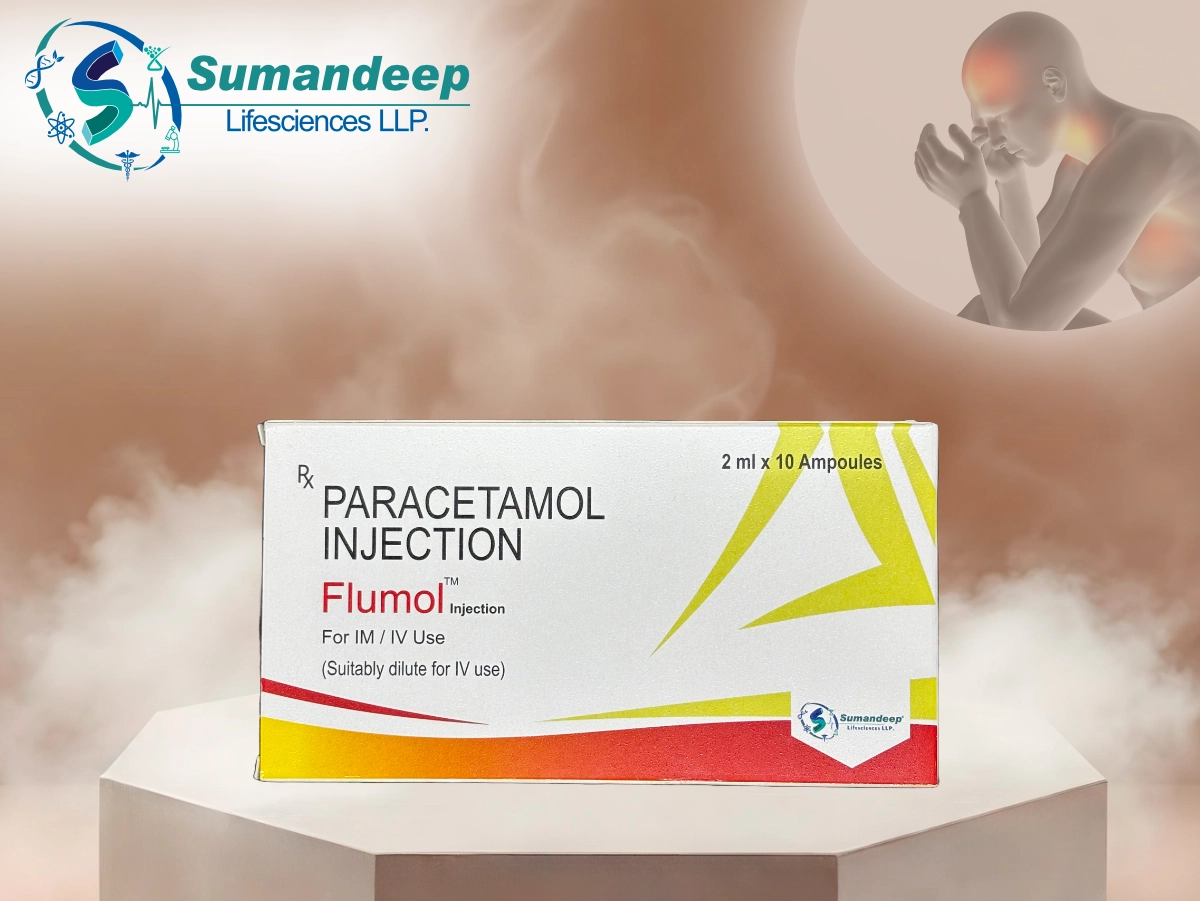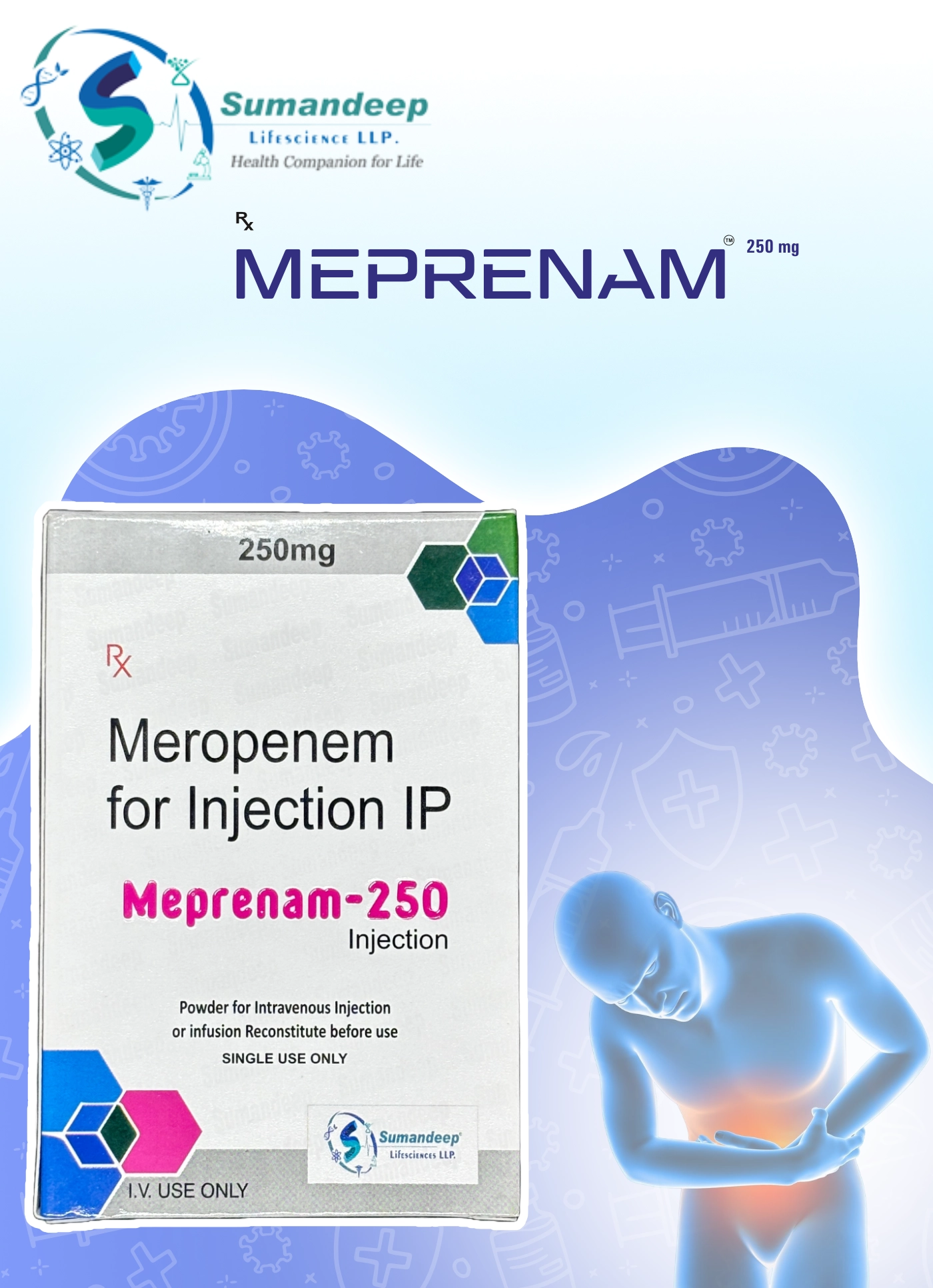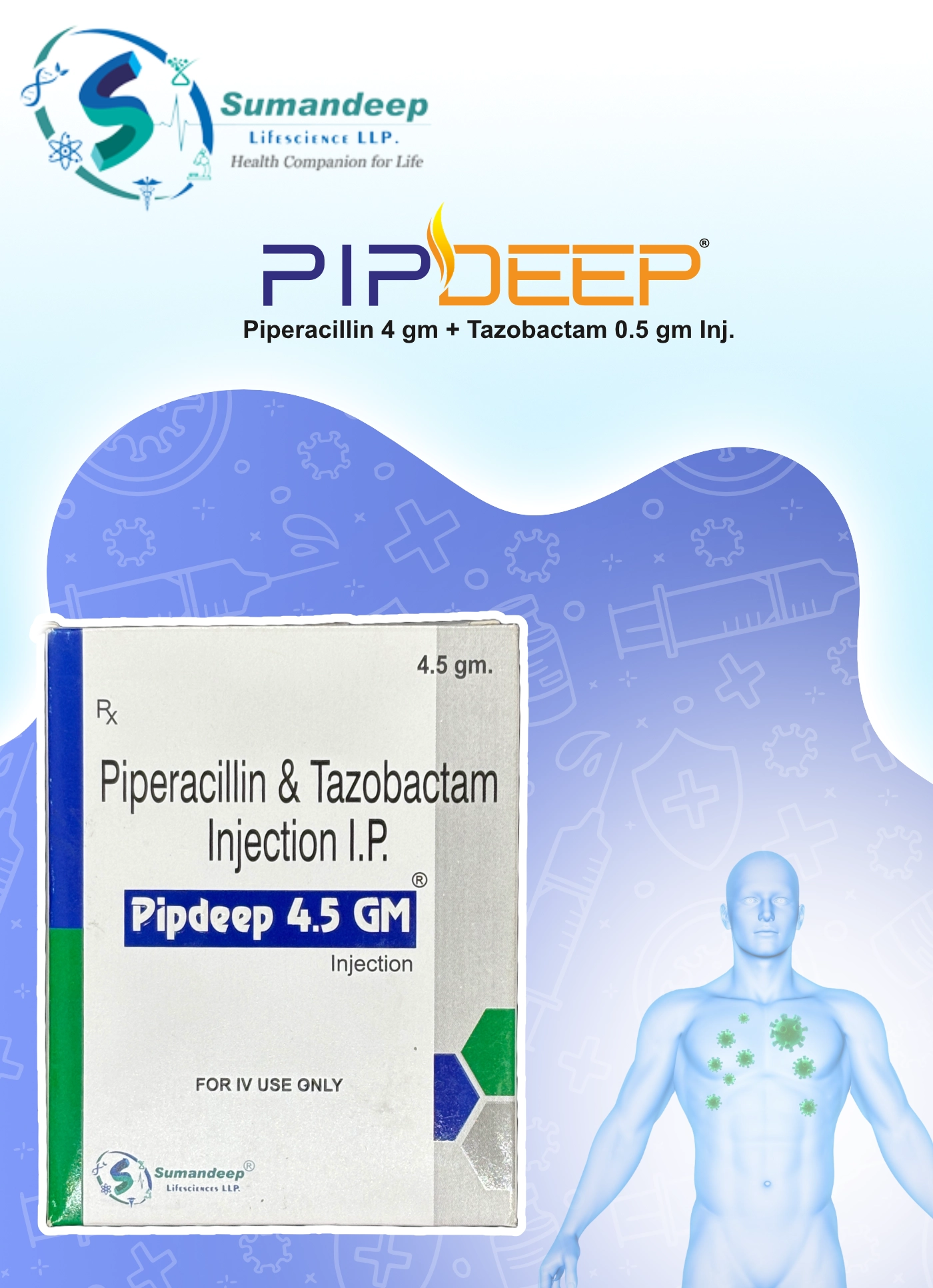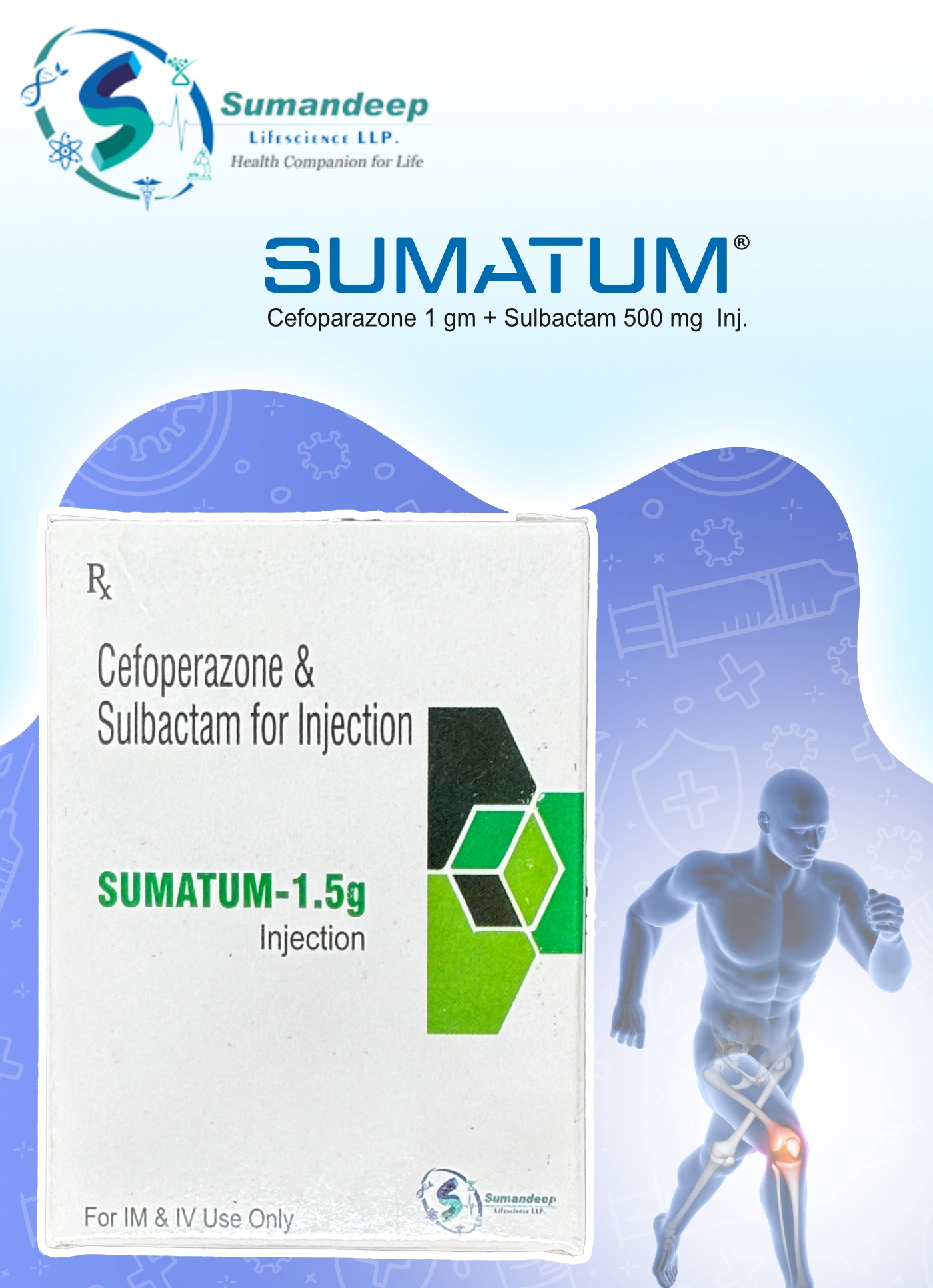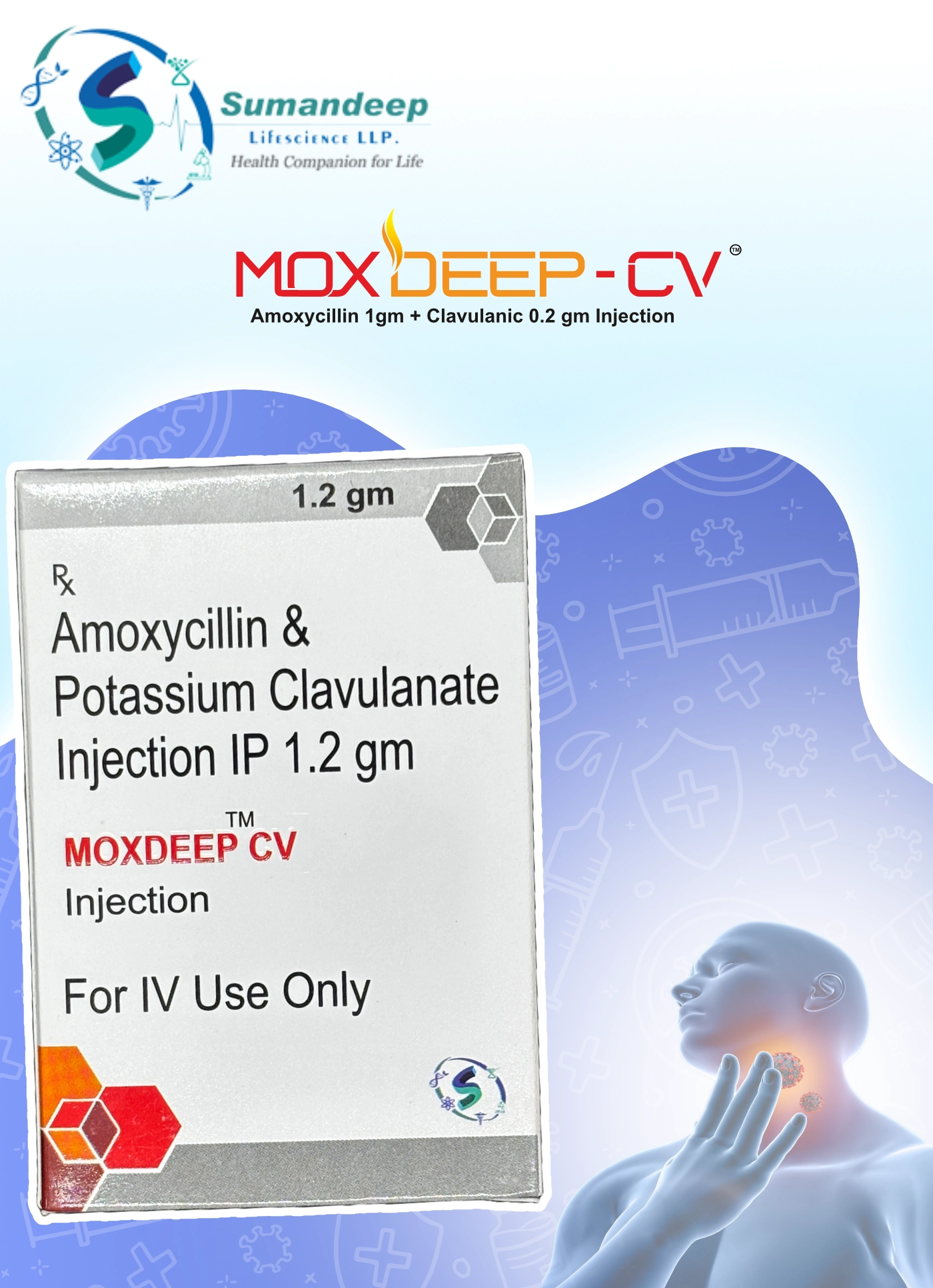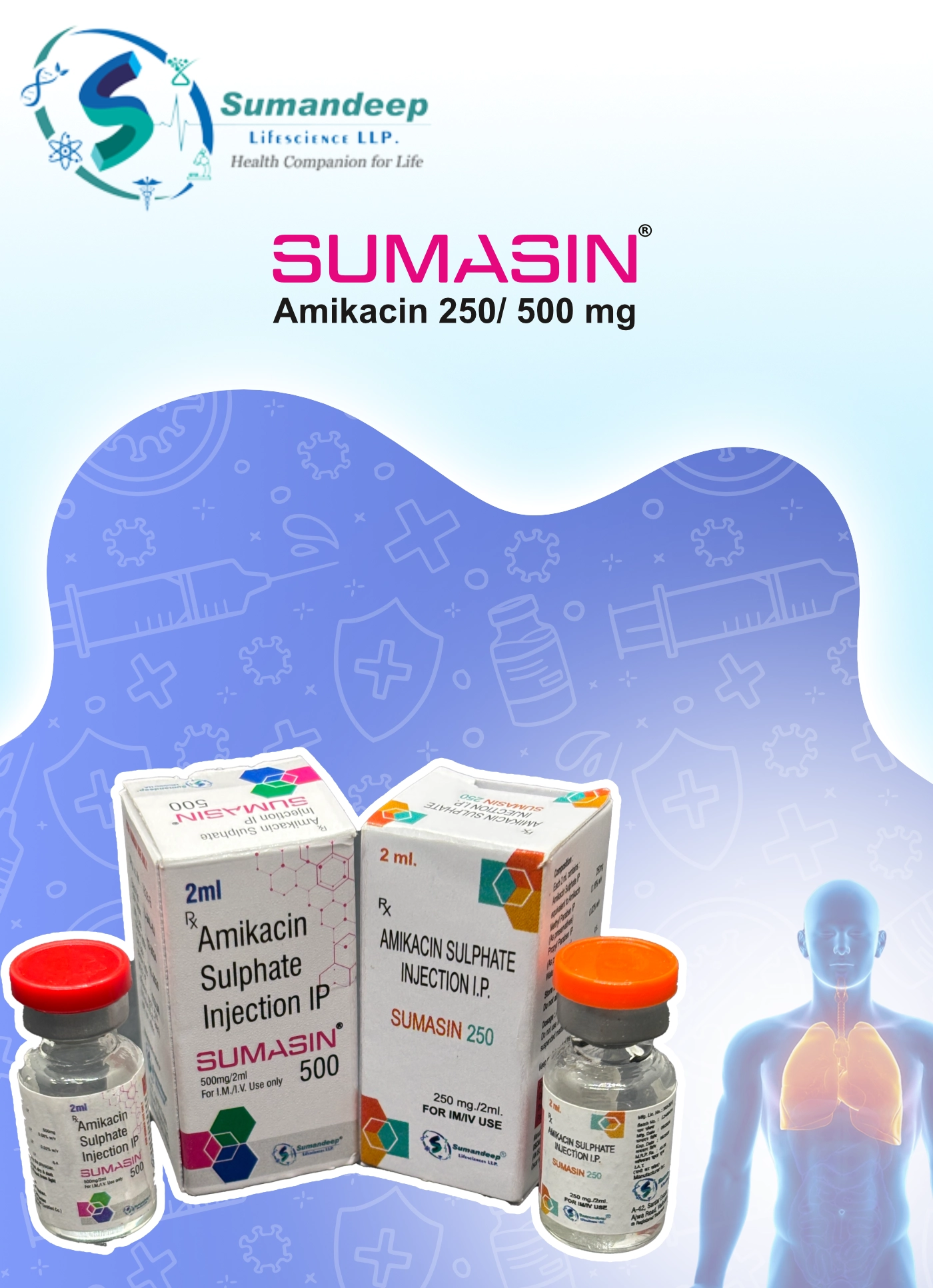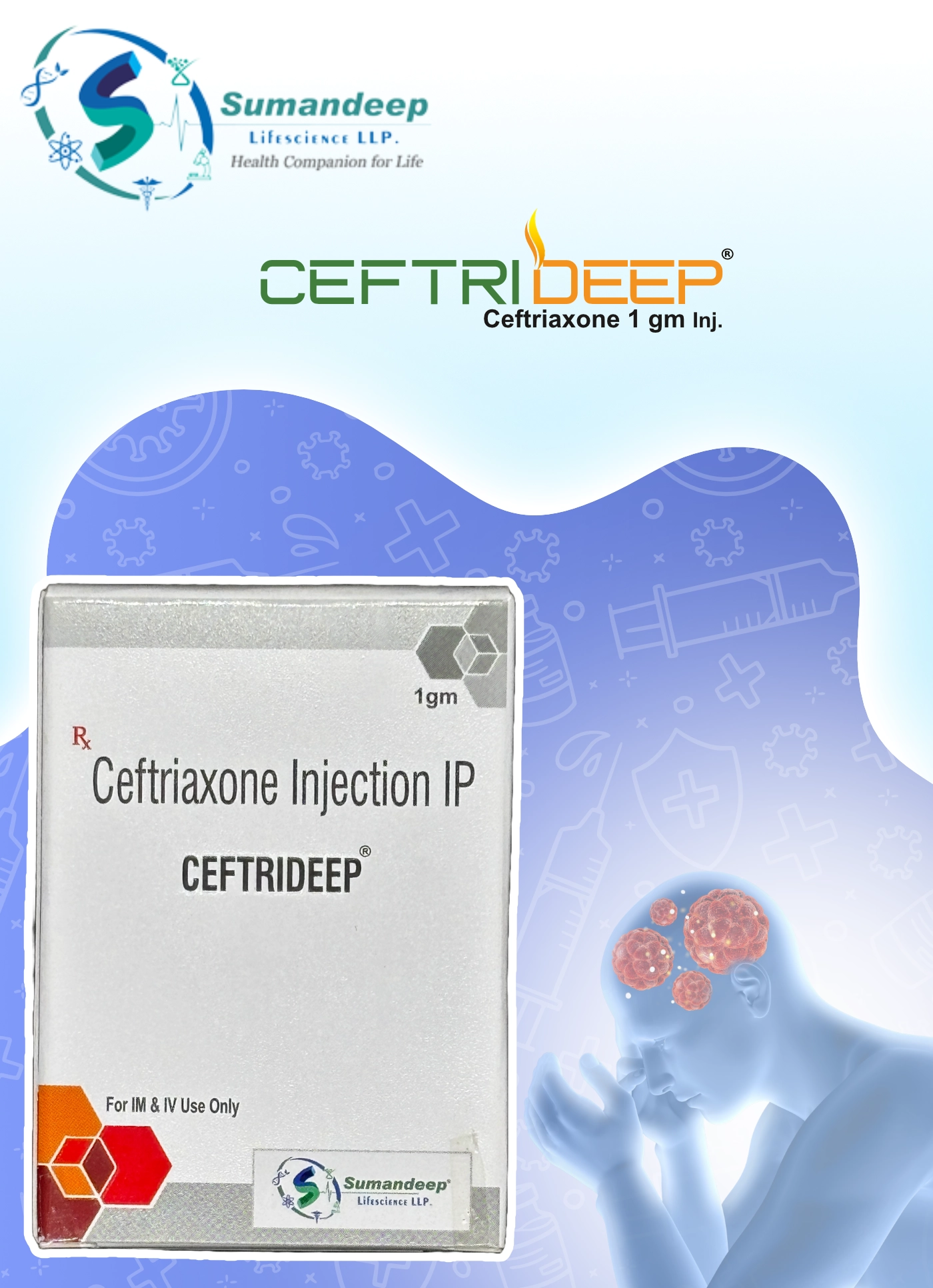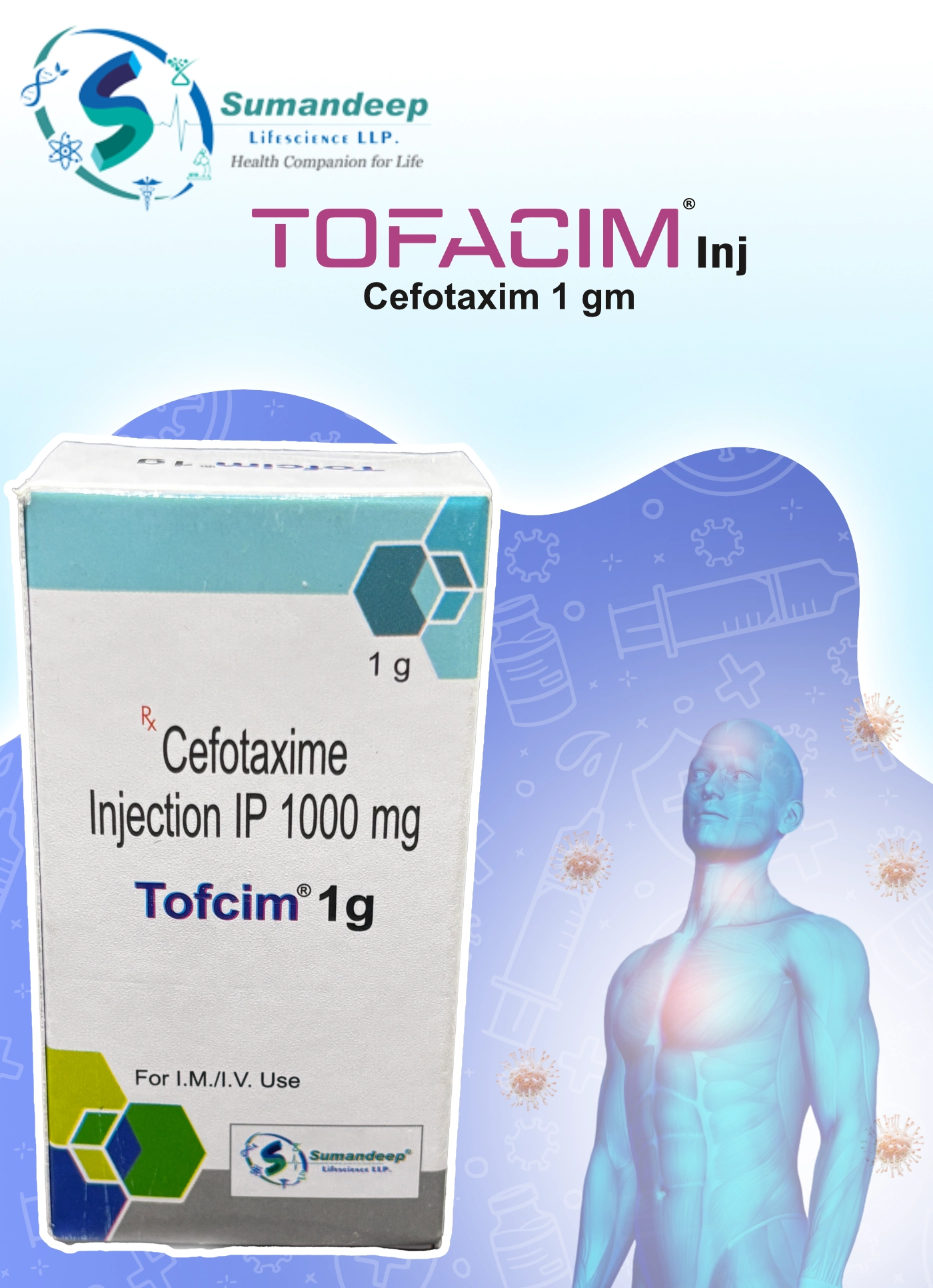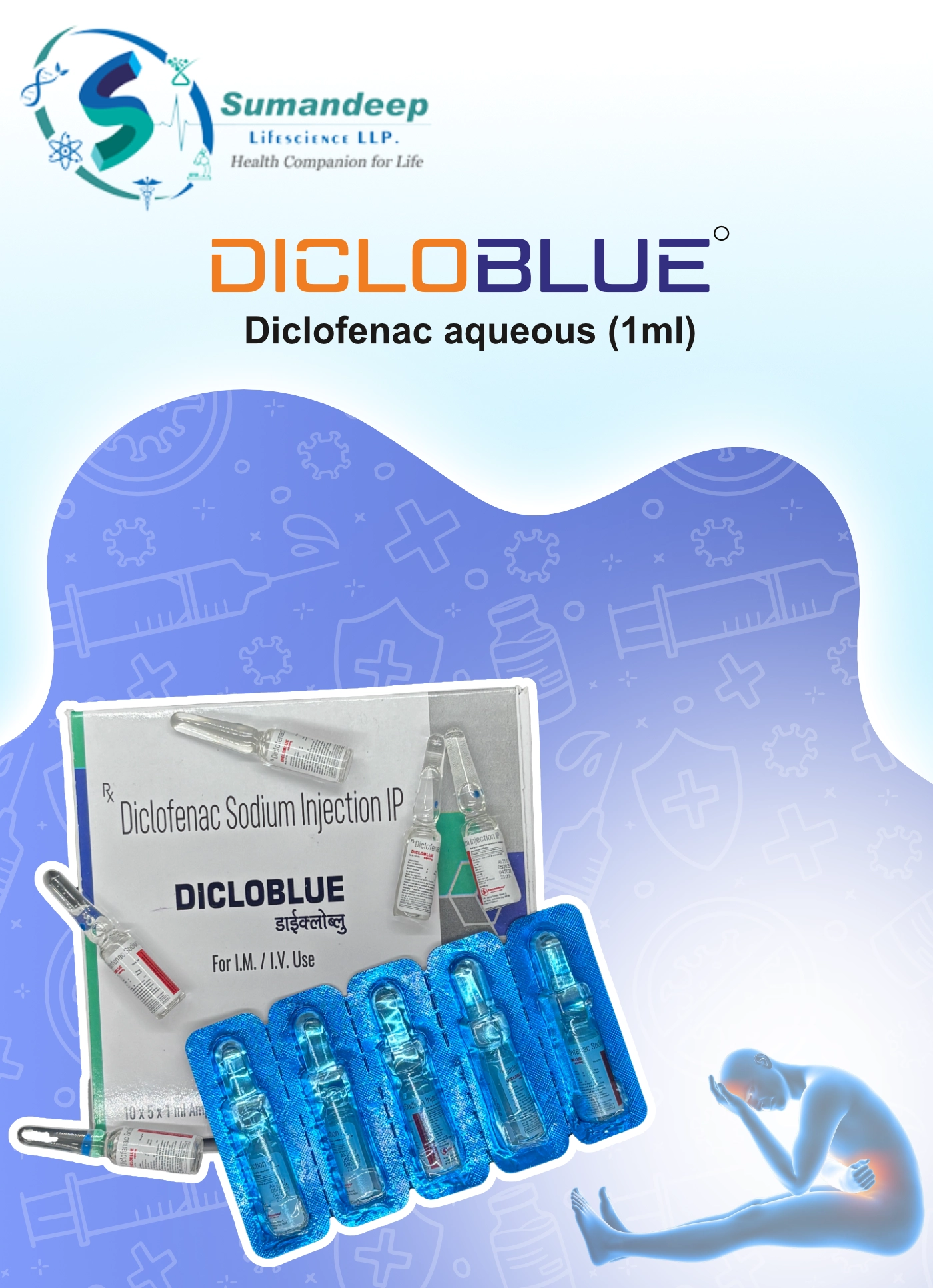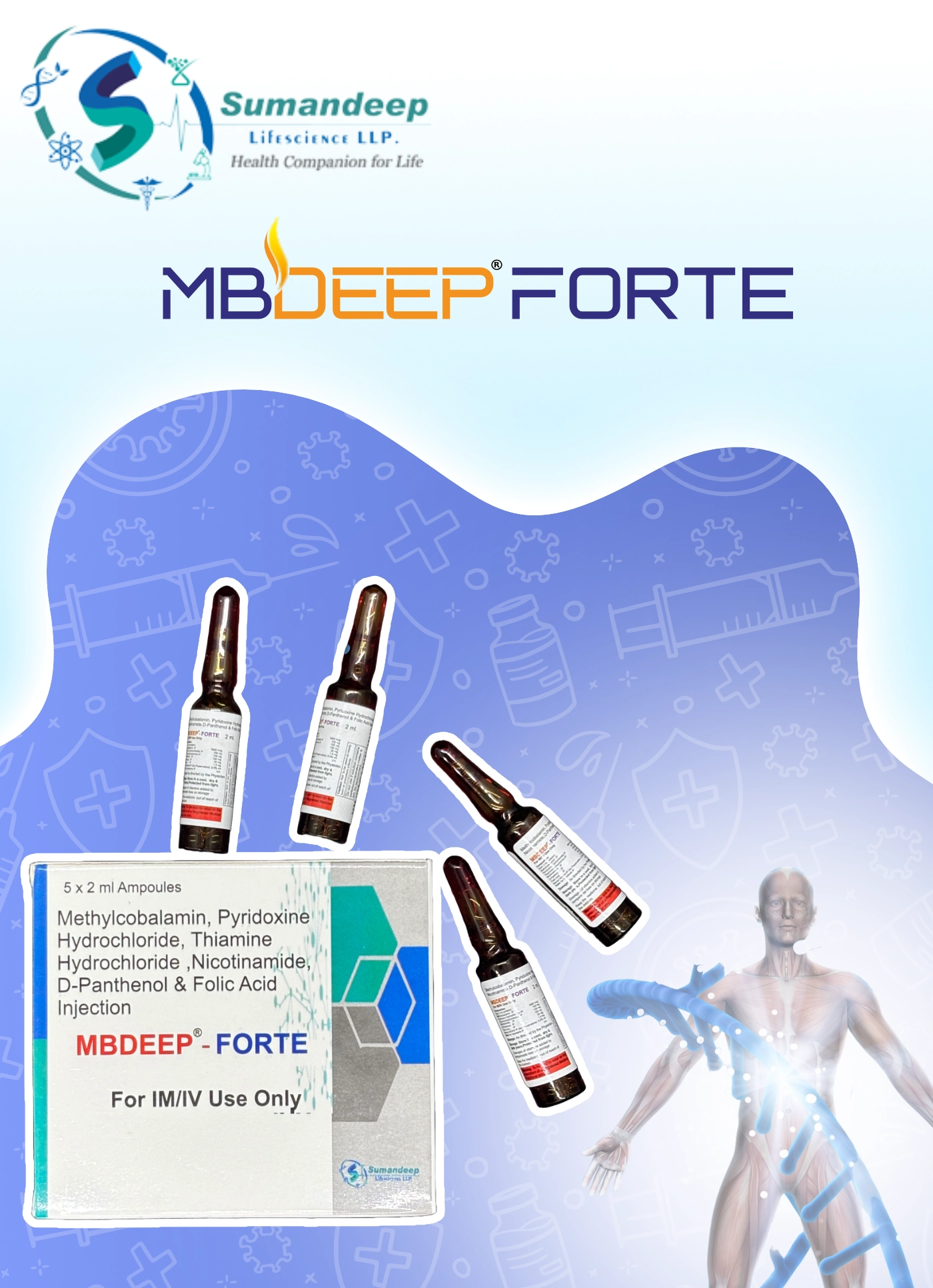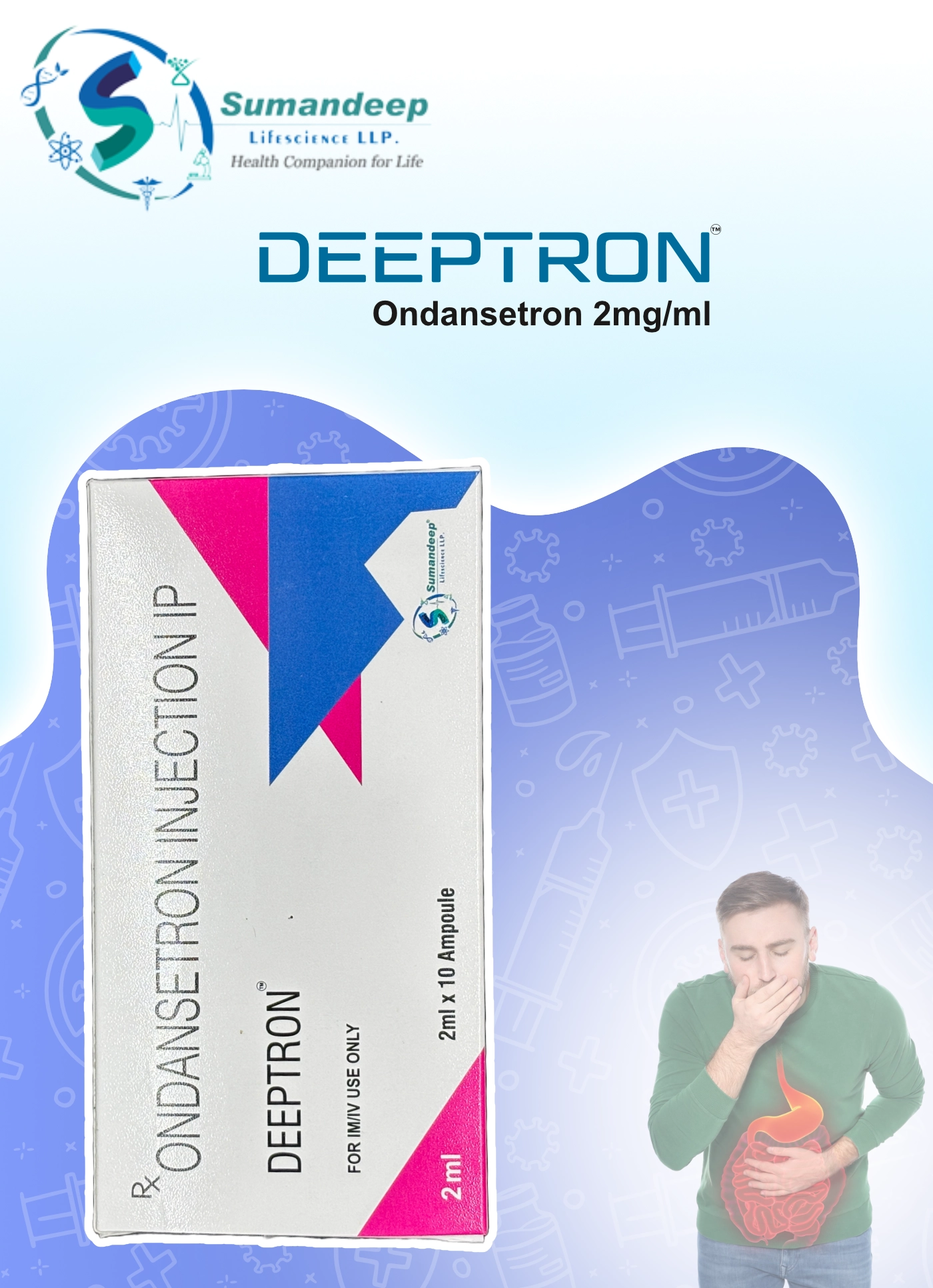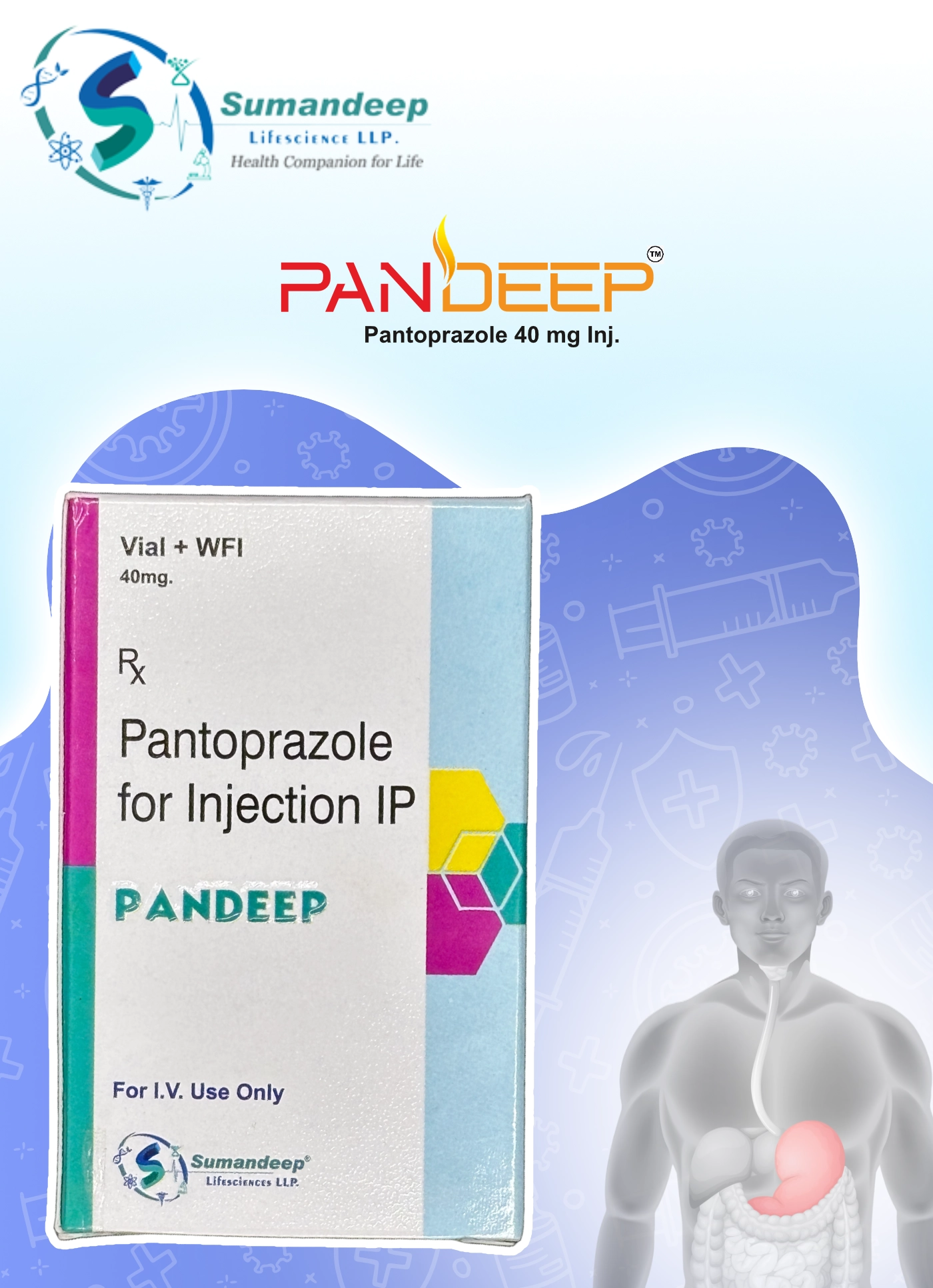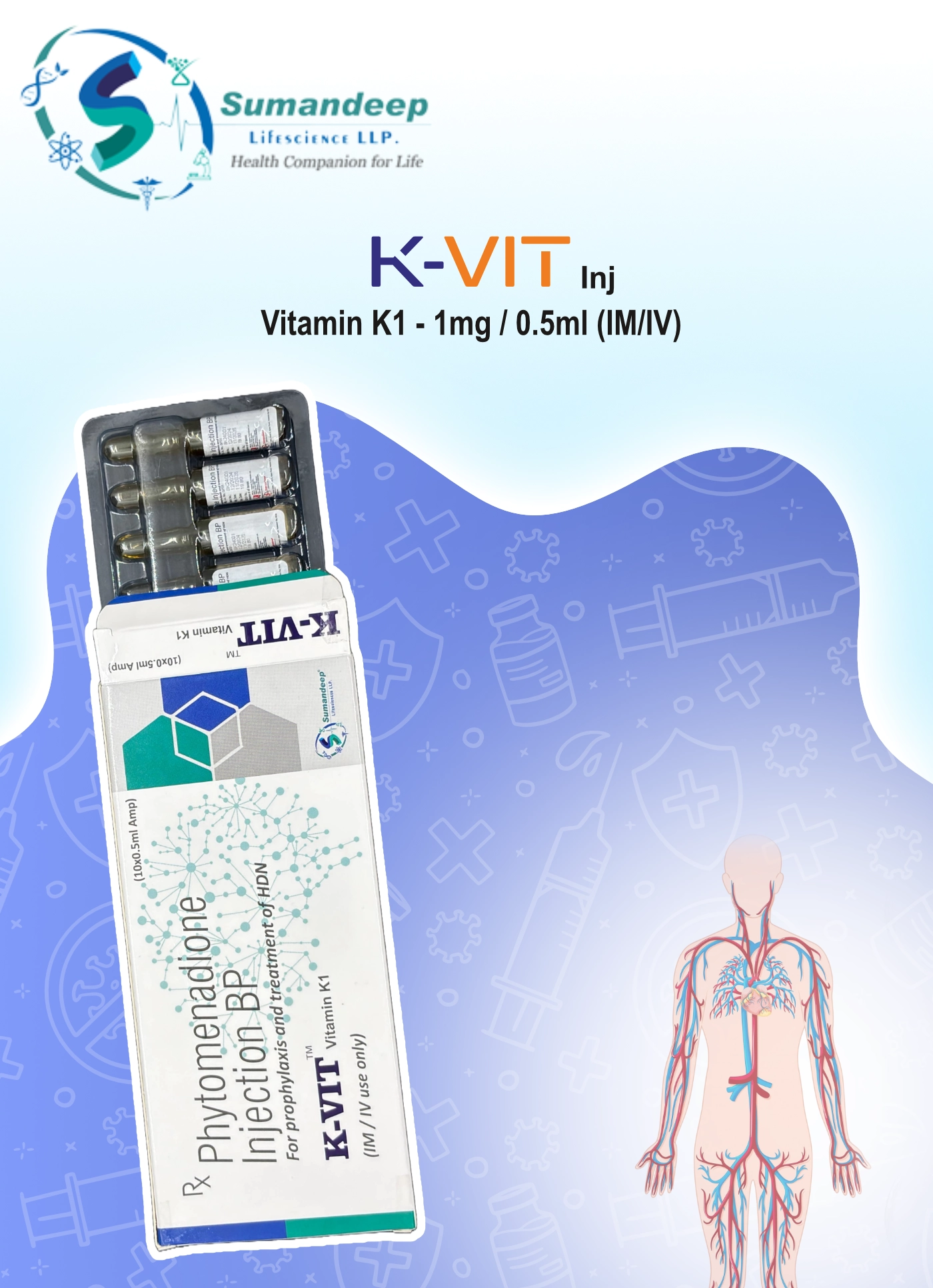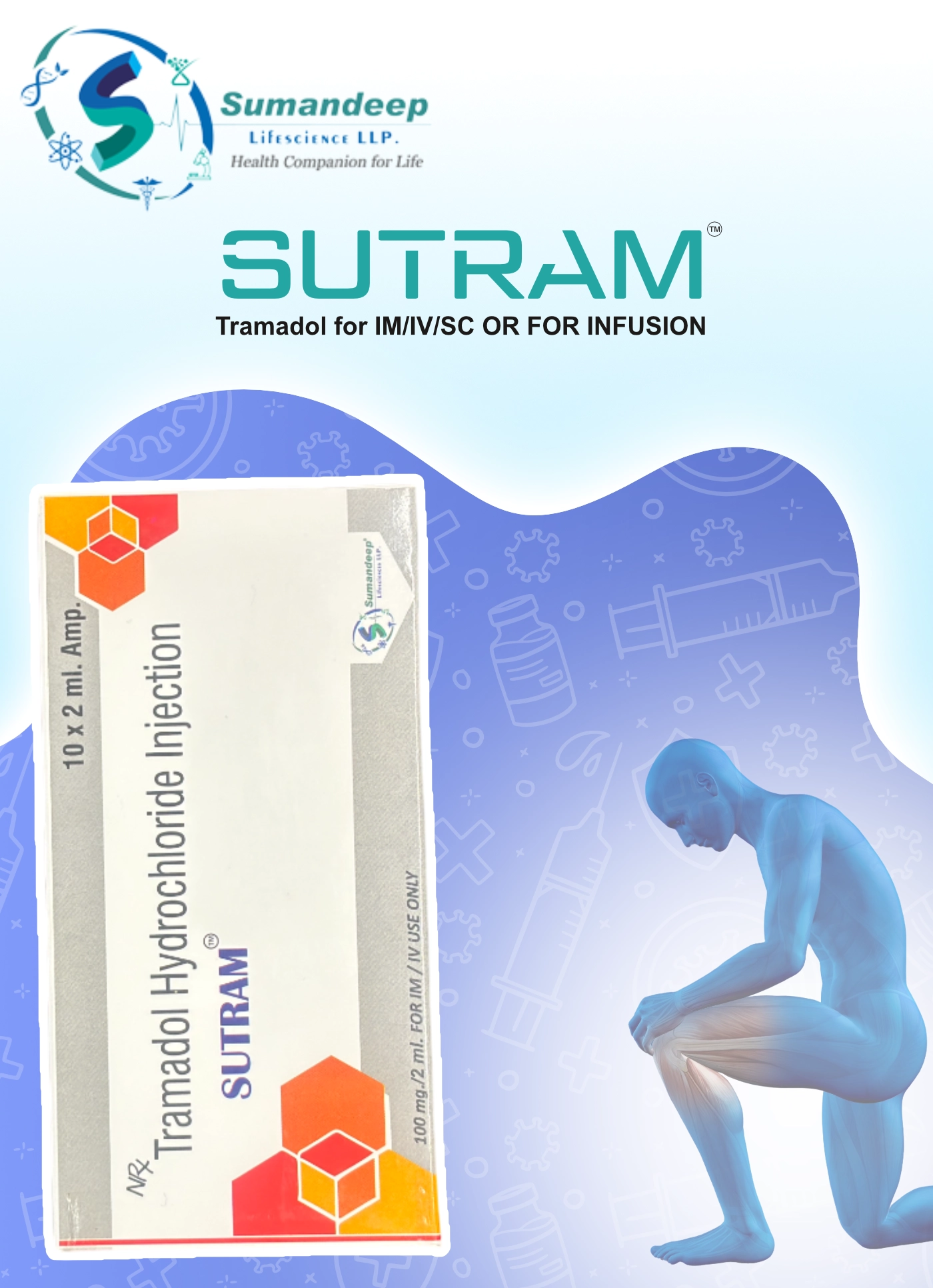Paracetamol, also known as acetaminophen, is a widely used and well-known analgesic (pain reliever) and antipyretic (fever reducer). While most familiar in tablet or liquid form, its injectable formulation is a powerful option used in hospital settings. Administered via intramuscular (IM) or intravenous (IV) routes, the injectable form allows for a rapid onset of action and is particularly useful when a patient is unable to take oral medication or when quick and effective pain and fever control is necessary.
The key advantage of intravenous paracetamol is its ability to bypass the digestive system entirely, ensuring 100% bioavailability. This leads to a more predictable and consistent dose reaching the bloodstream and acting on the central nervous system to relieve pain and reduce fever. This makes it an ideal choice for managing moderate to severe pain, especially in post-operative settings, or for controlling high fever in patients who are critically ill.
Unlike many other analgesics, such as NSAIDs, paracetamol does not have anti-inflammatory properties and has a different mechanism of action. This makes it a valuable alternative for patients who cannot tolerate NSAIDs or for those with a history of stomach ulcers.
Symptoms of Infections FULMOL Injection Treats
FULMOL Injection (Folic Acid) is used to manage and relieve symptoms associated with folate deficiency and related anemias. Early detection of these symptoms allows timely treatment and improved patient outcomes.
Common Symptoms Include:
- Fever (Pyrexia)
- Infections (bacterial, viral, fungal)
- Inflammatory conditions
- Post-surgical recovery
- Pain from medical conditions, Such as headaches, dental pain, muscle aches, or painful conditions.
- Pain from injuries, Such as sprains, strains, or fractures.
Note:
The symptoms listed above are for general informational purposes only and do not constitute medical advice or a diagnosis. Always consult a qualified healthcare professional before starting any treatment. Self-medication based on these symptoms can be harmful. We are not responsible for any misuse or consequences resulting from such actions.
Inquire Now!
The content on this website is for general information only and not a substitute for medical advice. Do not use any medication or product listed on this site without consulting a qualified doctor. Sumandeep Lifesciences LLP is not responsible for any misuse, adverse effects, or outcomes arising from self-medication.
Uses of FULMOL Injection:
- Post-operative pain management: It is used to treat moderate to severe pain following surgical procedures, often as part of a multimodal pain management strategy to reduce the need for opioids.
- Fever reduction: It is administered to quickly and effectively lower high body temperature (fever) in patients, especially those who cannot take oral medication.
- Treatment of moderate pain: It is used for the short-term treatment of various painful conditions, such as dental pain, muscle aches, headaches, and pain from injuries.
- Palliative care: It is utilized in palliative care settings to manage pain and fever in patients with chronic illnesses.
- When oral administration is not possible: It is the preferred route for patients who are unconscious, nauseous, vomiting, or unable to swallow tablets or liquid due to their medical condition.
- Pre-operative analgesia: In some cases, it may be given before surgery to provide a baseline level of pain relief and reduce post-operative pain.
Medicine Details

- Overdose of Paracetamol may be injurious to liver.
- Taking more than daily dose may cause serious liver damage or allergic reaction (Eq. swelling of the face, mouth and throat, difficulty in breathing and itching or rash).
- Paracetamol: 150 mg
- Lignocaine HCl: 1% w/v
- Benzyl Alcohol (as preservative): 1% v/v
- Water for Injection: q.s.
- Store in a cool, dry & dark place.
- As directed by the physician.
Other Products



